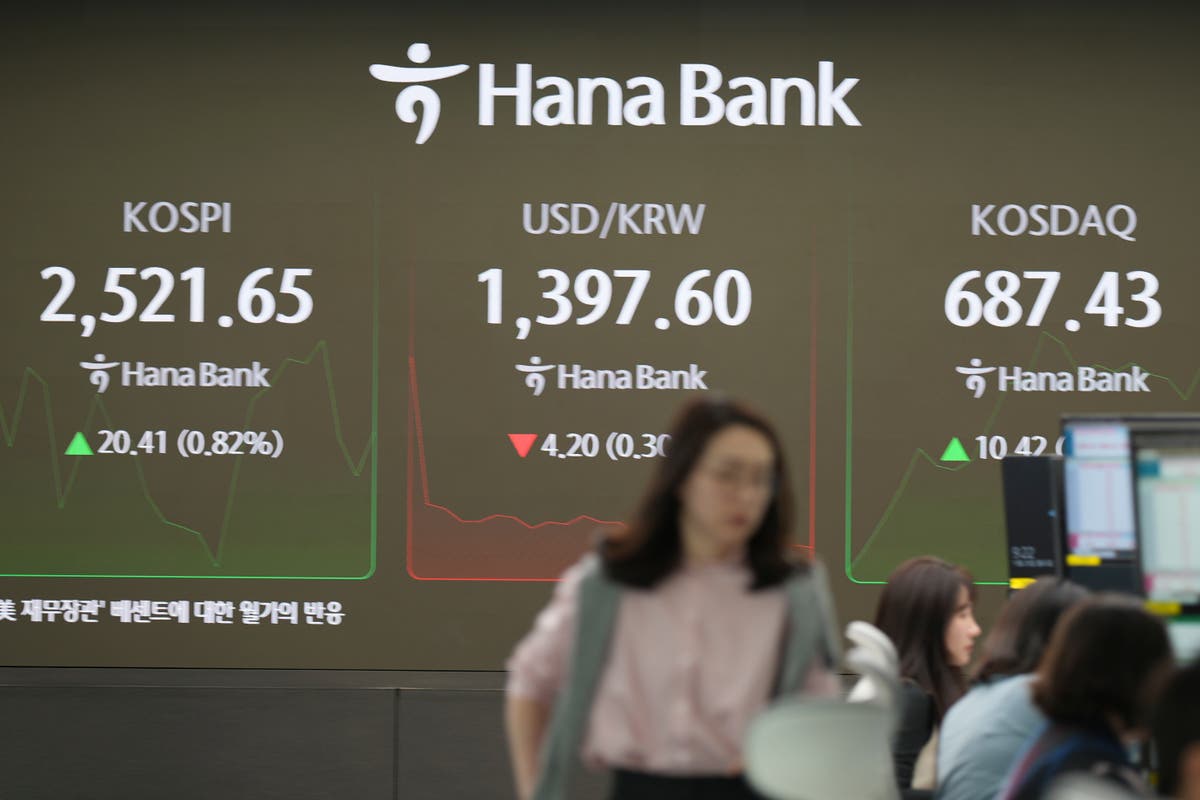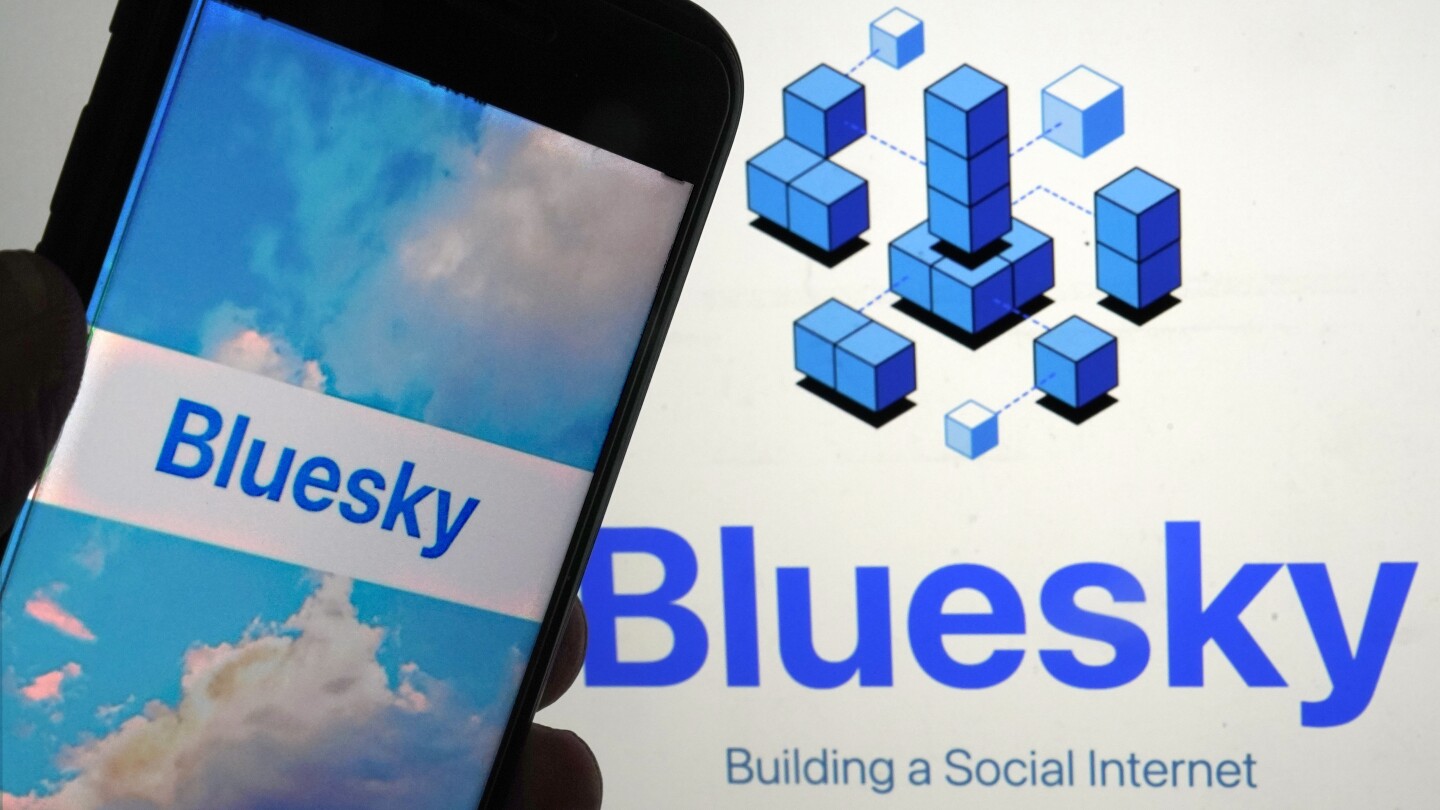Microsoft Corp. (MSFT), one of the world’s biggest tech companies, sells personal computing devices, cloud systems and services, and software. Microsoft’s products also include business solution applications, productivity applications, and video games. The company has expanded its focus into artificial intelligence, Internet of Things (IoT), mixed reality, and related innovations.
Microsoft was founded in 1975 by Bill Gates and Paul Allen to develop software for the Altair 8800, an early personal computer. Five years later, Gates and Allen were hired to provide the operating system for IBM’s first personal computer (PC), followed in 1985 by Microsoft’s launch of its now-ubiquitous Windows software product. In 1986, the company raised $61 million in an initial public offering (IPO) that some analysts referred to as “the deal of the year.” Microsoft’s IPO took place on March 13, 1986. By the late 1980s, Microsoft had become the world’s largest PC software company.
The company is headquartered in Redmond, Wash. and has been led by Chief Executive Officer (CEO) Satya Nadella since 2014. Microsoft operates within the information technology sector and is primarily associated with the software industry. But the reality is that Microsoft sells products geared toward both consumers and businesses and competes in a broad range of industries. Its main competitors include Apple Inc. (AAPL), Amazon.com Inc. (AMZN), International Business Machines Corp. (IBM), and Oracle Corp. (ORCL). Microsoft’s latest fiscal year (FY) was FY 2021, ended June 30, 2021. For FY 2021, the company reported $61.3 billion in net income on $168.1 billion in revenue. As of Oct. 13, 2021, Microsoft’s market capitalization is $2.2 trillion, making it one of the largest companies in the world.
Key Takeaways
- Microsoft is one of the largest tech companies in the world, selling personal computing devices, cloud systems and services, and software.
- Microsoft’s primary competitors include Apple Inc. (AAPL), Amazon.com Inc. (AMZN), International Business Machines Corp. (IBM), and Oracle Corp. (ORCL).
- Microsoft generated $61.3 billion in net income on $168.1 billion in revenue for FY 2021, ended June 30, 2021.
- On Oct. 13, 2021, Bloomberg said Microsoft had agreed to commission an independent human rights review of contracts with governments and law enforcement agencies.
Microsoft’s Recent Developments
- On Oct. 13, 2021, Bloomberg reported that Microsoft had agreed to a third-party human rights review of the company’s contracts with governments and law enforcement agencies, according to correspondence viewed by the news organization. The company “committed to a review of any human rights impacts that its products have on communities of Black, Indigenous and People of Color in contracts for police, immigration enforcement and unspecified other government agencies.” Microsoft has been under increasing pressure from shareholders and employees over the company’s contracts with governments, the military and police agencies. The company’s latest step comes after the June filing of a shareholder proposal asking the company to evaluate how well it adheres to its public human rights statements
- On Oct. 11, 2021, Microsoft’s giant cloud services business, Azure, announced that in August it had successfully protected against one of the largest cyberattacks of its kind, known in the industry as a Distributed Denial-of-Service (DDoS) attack. A DDoS attack is an attempt to disrupt traffic of a server, service or network by flooding the target with Internet traffic. The 10-minute attack was on one of Microsoft’s European customers. Like other companies, Microsoft’s ability to protect customers from increasing cyberattacks is crucial to retaining and boosting its number of customers.
- On Sept. 22, 2021, Microsoft announced the launch of eight new products for its Surface device line. These products include updated versions of previously-released smartphones and laptops, as well as Surface Laptop Studio, a hybrid tablet and laptop.
What’s Happening With Microsoft and JEDI?
On May 10, 2021, The Wall Street Journal reported that officials at the U.S. Department of Defense were considering dropping Microsoft’s $10 billion cloud computing contract for the Joint Enterprise Defense Infrastructure (JEDI) that was given to the company in 2019. Critics, including Amazon.com Inc. had argued that the Microsoft contract award was influenced by politics: that included then-President Donald Trump’s antagonism toward Amazon founder Jeff Bezos owns, who personally owns the The Washington Post. On July 6, 2021, the Pentagon canceled Microsoft’s JEDI contract, which had faced legal challenges by both Amazon and Oracle. The Pentagon will instead pursue a deal with both Microsoft and Amazon, as well as potential additional cloud service providers. The Department of Defense will reportedly finalize a decision on which companies will be allowed to participate in the program by the end of October 2021.
What’s Happening With Microsoft Windows 11?
On Aug. 31, 2021, Microsoft announced that Windows 11, the first major upgrade in years and the latest version of its popular operating system, would become available on Oct. 5, 2021. The company says the system is faster and includes a redesign, new accessibility features, efficient input settings, a focus on hybrid work, and other features. The operating system is available as a free upgrade for eligible Windows 10 PCs. Windows 11 represents a shift from the company’s previous stance of only updating an earlier operating system. Some tech reviewers say Window 11 is only an incremental improvement, pointing out that it lacks Android-app compatibility and other “game-changing features.”
What’s Happening With Microsoft Exchange Server?
On March 2, 2021, Microsoft announced that the company was facing a state-sponsored cybersecurity threat that they dubbed “Hafnium,” which was based out of China. Hafnium’s attacks targeted a company product called Microsoft Exchange Server, an email and calendar server product used by tens of thousands of customers. Microsoft released a series of patches for Microsoft Exchange Server. However, there was a major problem. If users incorrectly installed the patch, the patch did not fully update the correct files. Most worrisome, if that happened the user received no warning message that the patch wasn’t installed. Industry experts describe the Hafnium attacks as “astronomical” and “crazy huge” in their scope. Bloomberg reported that there are “at least 60,000 known victims globally.”
In July 2021, the U.S. government and Western allies formally blamed China for the attack. The announcement was not accompanied by sanctions against the Chinese government. The U.S. Justice Department filed charges against four Chinese nationals who prosecutors said who were working with China’s Ministry of State Security in the cyberattack.
FAQs
Has Microsoft (MSFT) ever split its stock?
Microsoft has split its stock 9 times:
- Sept. 18, 1987: a 2-for-1 split.
- April 12, 1990: a 2-for-1 split.
- June 26, 1991: a 3-for-2 split.
- June 12, 1992: a 3-for-2 split.
- May 20, 1994: a 2-for-1 split.
- Dec. 6, 1996: a 2-for-1 split.
- Feb. 20, 1998: a 2-for-1 split.
- March 26, 1999: a 2-for-1 split.
- Feb. 14, 2003: a 2-for-1 split.
Does Microsoft (MSFT) pay a dividend?
Microsoft on Dec. 9, 2021 will pay a quarterly dividend of $0.62 per share.
How many shares of Microsoft (MSFT) are there?
As of July 26, 2021, Microsoft’s stock had 7,514,891,248 shares outstanding.
Who is Microsoft’s CEO?
Since February 2014, Satya Nadella has been the CEO of Microsoft. Nadella also is chairman. He joined Microsoft in 1992 and was most recently executive vice president of the company’s fast-growing, highly profitable Cloud and Enterprise group.
















